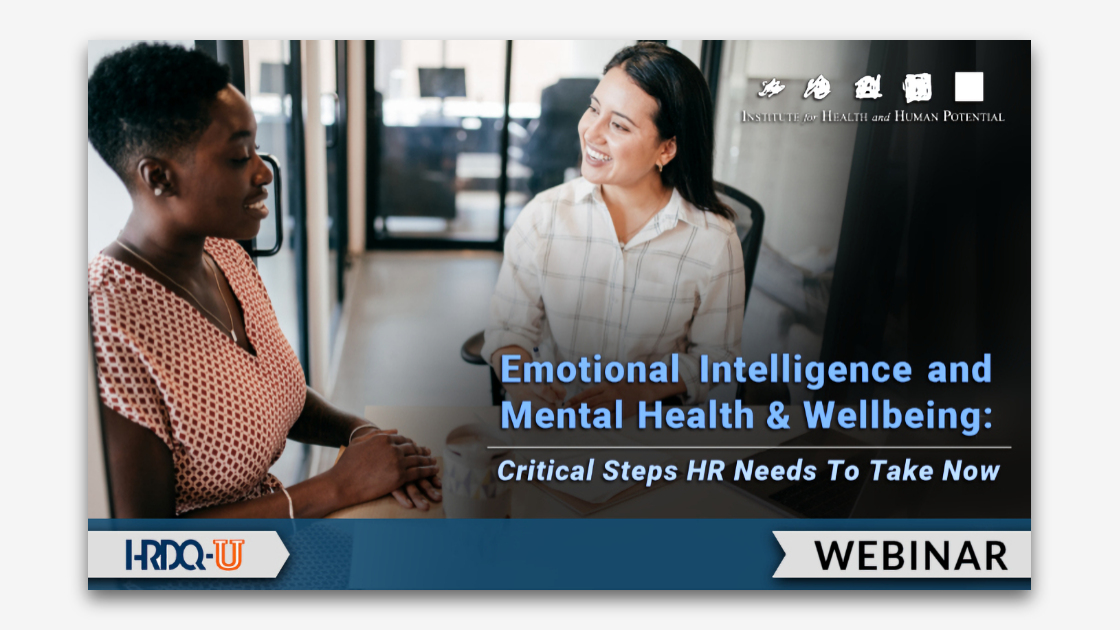Transforming the Workplace of the 2020s
In a global survey conducted by LinkedIn of 5,000 HR professionals and hiring managers, behavioral data analysis uncovered four increasing trends that will actively transform the workplace as we approach the 2020s.
The importance of soft skills in the workplace are obviously top of mind for talent professionals, with 91% of respondents identifying them as being important to activities in the workplace specific to resourcing, developing, and managing people. The importance of soft skills is further reinforced in the World Economic Forum’s Future of Work Report 2018, which states that “non-cognitive soft skills [that enable] people to leverage their uniquely human capabilities,” now more than ever, have become essential for recruiting, hiring, professional development, and overall job success across all industries.
The Skill Gap
“Soft skills” are in high demand and yet are difficult to find in employees and recruits. The challenge is that while there is agreement on the importance of soft skills in the workplace, there appears to be a gap between the skills organizations need in their employees and the skills with which they are equipped. In 2019, the number one challenge as expressed by professional business managers in hiring, developing, and keeping entry-level employees, is a lack of effective communication/interpersonal skills. If these skills are so important, essential even, why is it that so many employees simply don’t have them?
While this gap is not specific to any industry, it is experienced more acutely in professions such as IT and accounting – professions where specialists pride themselves on their “hard skills.” In today’s workplace, technology professionals at all levels are also expected to be well-equipped with core soft skills. The soft skills gap becomes apparent when IT professionals are hired for their technical knowledge, skills, and abilities and then very soon after are labeled as “poor hires.” This gap in skills also poses a problem in recruiting. Soft skills deficiencies have been cited by technology employers as their primary pain point.
Even with artificial intelligence, virtual reality, automation, and data analysis being lauded as the keys to success in the future of work, some employers stated they would rather hire a candidate who does not meet all the technical competency requirements of the job if the candidate has strong soft skill competencies. They would hire for soft skills and then upskill and coach on the required technical competencies.
Bridging the Gap
The need to develop these essential skills in the workplace presents a great opportunity for HR professionals to strategically intervene, make significant and impactful people development contributions, and bring great value to the business.
Often, employees and their leaders have not been taught these skills through formal study at an institution of higher learning, and, therefore, they may seem elusive and more difficult to develop. Many students of the technological sciences focus almost exclusively on their high IQs and technical abilities to the detriment of pursuing more broad-based learning experiences involving how to connect and collaborate well with others.
The Final Word on Soft Skills
The term soft skills is clearly a misnomer, given there is nothing soft about not being hired for a job, being consistently passed over for promotions, or being fired from a job due to a lack of emotional maturity, etc. Let’s agree to stop calling these core, foundational, essential skills “soft” skills.
Employers are seeking team members who can communicate with empathy, innovate and collaborate in teams, and demonstrate the skills of resilience and emotional intelligence in order to skill up and gain a competitive advantage in the marketplace. These skills are no longer “nice to have” – they have become essential for organizations to adapt, transform, survive, and thrive in the future of work.
Organizations must prioritize training for critical, human, and interpersonal skills. They need to empower people with them and hire, promote, and fire based on these skills in order for technically-specific skills to be accessed and leveraged for companies to achieve better business results.
















